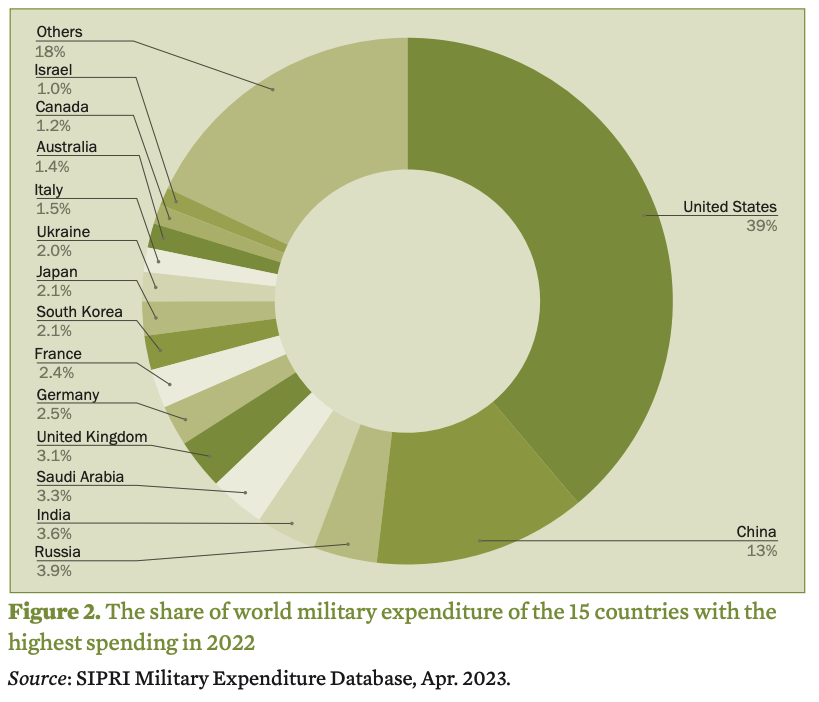The Pressing Need for More Defense Industry Whistleblowers
It’s time to revisit the dismal numbers involving False Claims Act (FCA) enforcement in the defense industry. The Department of Defense (DOD) budget in fiscal year 2022 was $715 billion (with a B), up from $703.7 billion in 2021. If you take into account defense spending for agencies outside of the DOD, such as the Departments of Energy and State, that number rises to a staggering $877 billion. That is more than the next 10 countries combined, and almost 40% of defense spending worldwide. The next closest is China, at $292 billion. Defense spending accounts for 12% of all federal spending, and nearly half of discretionary spending.

Despite the massive amount of military spending, recoveries in defense fraud cases under the FCA remain incongruously low. The Department of Justice (DOJ) reports that only about $103 million of the $2.2 billion recovered under the FCA in 2022 involved fraud on the DOD. $103 million out of the $715 billion in military spending is approximately 11 thousandths of a percent (0.0011%). Is this number so low because there is no fraud occurring in the defense industry? Not according to the Government Accountability Office (GAO). In a 2021 report, the GAO emphasized that the nature of military procurement makes it especially vulnerable to fraud, noting that the “DOD Office of Inspector General (OIG) has also long reported contracting fraud as a major management challenge…” The report identified five ways combat department-wide fraud risks, none of which the DOD has implemented.
A look at the budget details is instructive. The budget includes line items for $5 billion and $3 billion to be spent on development of ONE submarine and ONE bomber respectively. In the case of the bomber, the contract for the development of the B-21 Long Range Strike Bomber was awarded to Northrop Grumman in 2015, and the development project is not expected to be completed until the mid-2020s. The Air Force estimates that the program to replace the current bombers with B-21s will cost $203 billion and take over 30 years to complete. Late Senator John McCain and a group of bipartisan lawmakers raised alarm bells about the Air Force’s refusal to publicly disclose the actual cost of the project, citing the many defense projects that have gone far over budget because of waste and abuse:
“At a time of growing threats and fiscal constraints, American taxpayers want to know if the Pentagon is spending their hard-earned money effectively and efficiently,” McCain…told CNN. “The Air Force must release the total contract award value of the Long Range Strike Bomber to ensure this program and the people managing it are held accountable.”
Not surprisingly, this information has not been released. Of course, there are national security risks to consider, but that is why whistleblowers are absolutely critical to uncovering defense and military spending fraud. Both defense contractors and the military remain extremely tight-lipped about the specifics of their contracts and spending. If fraud is occurring, insider whistleblowers need to bring it to light and alert the DOJ to the theft of taxpayer dollars.
Jacklyn DeMar is the Director of Legal Education at The Anti-Fraud Coalition